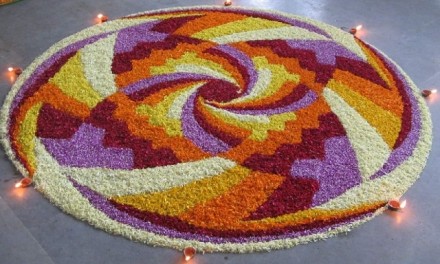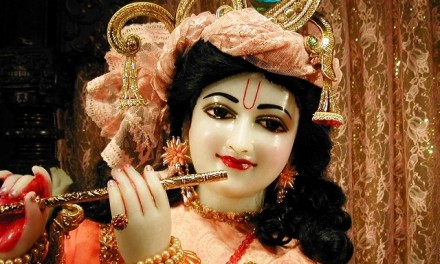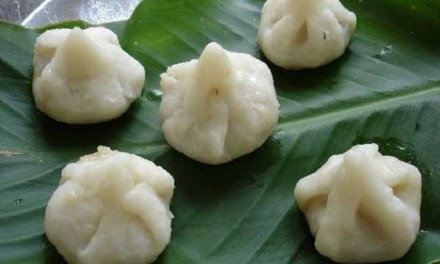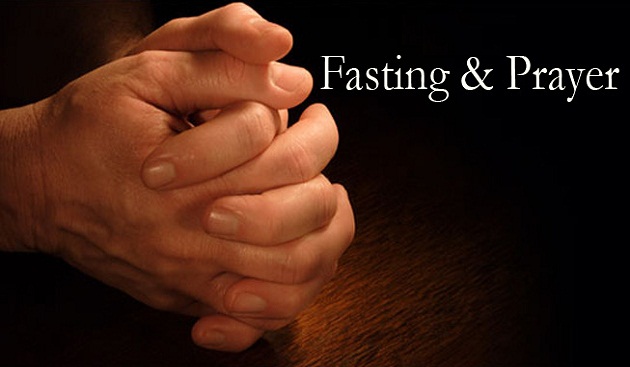The festival of Janmashtami is characterised with fasting or ‘Upavas’ by devotees. People observe fast all through the day and break the fast only at midnight. They spend the time in chanting or listening to discourses on Krishna. People believe that fasting is one of the means to move near the Supreme Lord or show devotion to the God.
It is also believed that keeping fast on Janmashatami is thousand times beneficial than a Ekadashi fast. Since Janmashtami is one of the Maharaatris, chanting or meditating on the Lord is supposed to be many times beneficial than on a normal day.
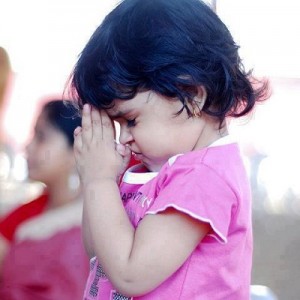 When Yudhishtra asked Lord Krishna on the importance of fasting on Janmashtami, he said “One observing fast on this day, will never lack in wealth, food or fame.”
When Yudhishtra asked Lord Krishna on the importance of fasting on Janmashtami, he said “One observing fast on this day, will never lack in wealth, food or fame.”
There are two types of fasts observed on this day –
1. Nirjal Vrat: Devotees do not consume even a drop of water all through the special day. The fast is broken only after the Pooja and Aarti is performed and Prasad is offered to the diety in the midnight.
2. Phalahar Vrat: In this fast, people consume milk and fruits during the day. They refrain from eating pulses, cereals or salt. The fast is broken in the midnight after the Pooja.
Various dishes are made during the day of Janmashtami. Milk and milk products are prepared as Lord Krishna was particularly fond of milk and butter. Kheer, pedhas,seedai and neiappam are some of the popular sweets for Janmashtami. These are first offered to the lord at midnight and then consumed as prasad.


